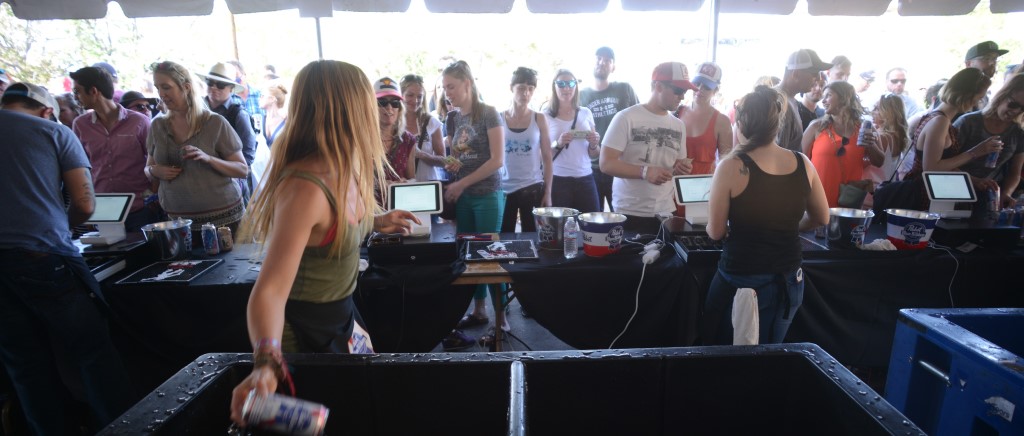Millennials have been blamed for killing more than their fair share of legacy industries, but it’s the Zoomers’ turn to take the blame. According to a 2020 study reported by Billboard, gen-Z is drinking so much less at concerts that live venue owners are worried the hangover from the 2020 shutdown is going to keep giving them headaches, three years later.
According to Texas State University psychology professor Ty Schepis, who co-authored the 2020 study, alcohol consumption “has been declining in adolescents and in young adults for the past decade and a half, maybe even two decades.” Additionally, “the amount that people [in this cohort] drink when they do drink tends to be lower than it was in older generations. This is most obvious in Gen Z, but this is a continuation of a trend.”
The result has been a big drop in alcohol sales at clubs like Tucson’s Club Congress, whose owner David Slutes is quoted in Billboard‘s report. According to him, shows aimed at Gen Z brought in as much as 25% less than shows targeting older generations — which is wild when you consider some of the antics that have gone down at shows in the past year. Promoter Dayna Frank reported similar findings, saying, “One of the big trends we’re seeing is that Gen Z doesn’t drink as much. They’re either eating edibles before they come or there’s more of a sober, mental health [focus]… Most of the ticket price goes on to the band, so really what [venues] subsist on is beverages. That’s not going to be a sustainable revenue stream.”
Meanwhile, other owners or promoters cited by Billboard reported that alcohol sales, in general, have been down, regardless of age, and seemingly owing as much to the shows’ genres as anything else. Meanwhile, there may be a simpler explanation: Concertgoers, on the whole, have much less disposable income as prices for just about everything else — including (especially) tickets — go up and wages remain stagnant. There’s no doubt it’s a problem that doesn’t have an obvious or immediate situation. But it’s one that venues will need to solve if they want to remain solvent.







